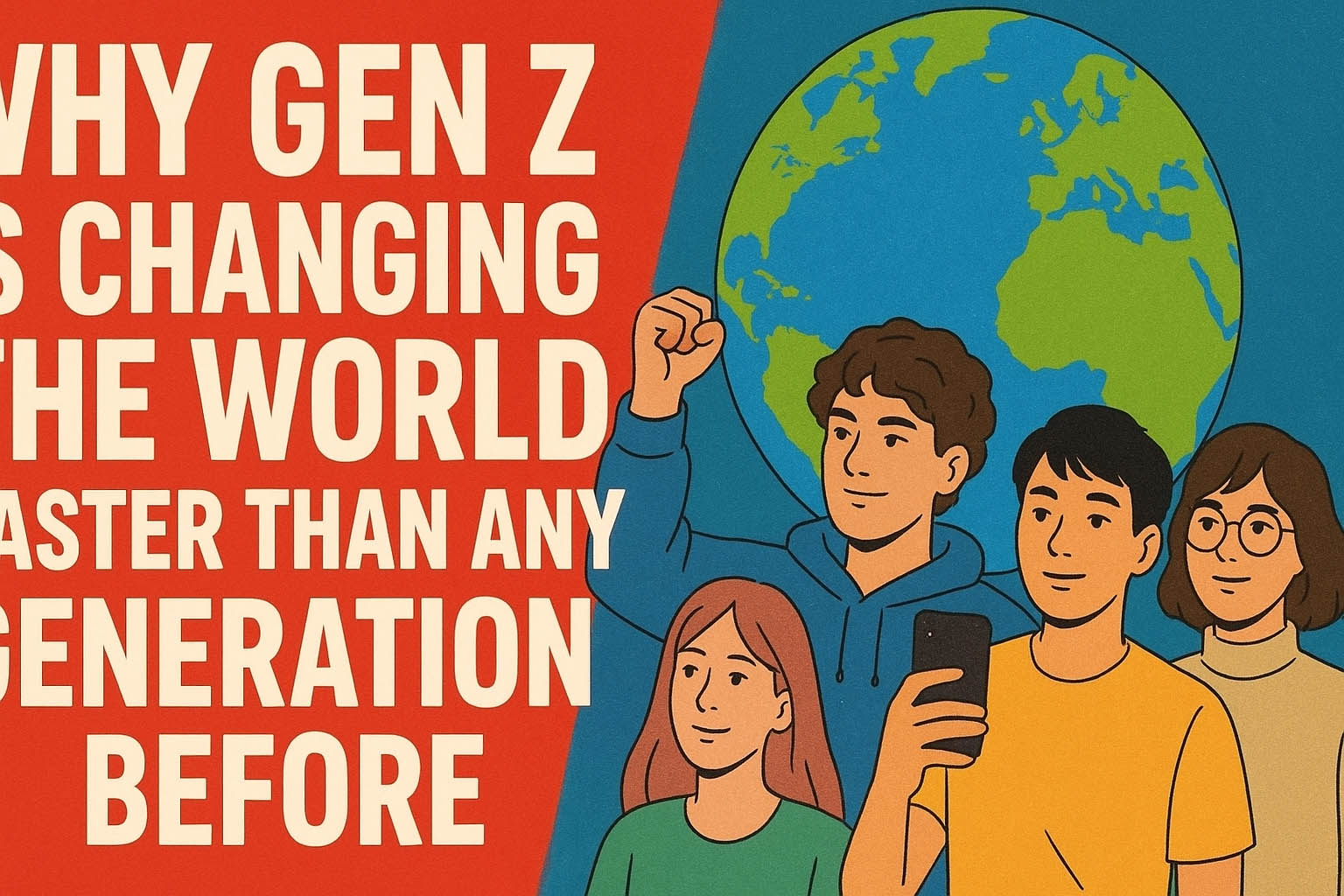It is a natural fact that imprisonment leaves serious negative impacts on human health. During incarceration, prisoners often suffer from skin conditions, heart disease, tuberculosis, and other chronic illnesses. To address this, hospitals have been established within prisons. Previously, there used to be only one medical officer, but today multiple officers are posted—though specialist doctors remain absent.
Years ago, former Chief Justice of Pakistan Iftikhar Muhammad Chaudhry visited Adiala Central Jail and, afterward, ordered government hospitals to send specialist doctors for monthly prison visits. Those instructions are still being followed. However, one critical gap remains: prisoners do not have access to dental specialists. While dental chairs and technicians are present, dentists are missing, creating severe difficulties for inmates.
Recently, a medical report on former Prime Minister and PTI founder Imran Khan revealed that his teeth require supportive management. But what does supportive management mean? It refers to cases where gums begin to detach from teeth, causing sensitivity and pain while eating. Another cause could be damage to tooth enamel (the protective outer layer), leading to sharp sensitivity to hot or cold foods. If untreated, this can easily result in serious dental infections.
Now, it is up to the provincial Home Department to decide whether Imran Khan should be shifted to a government hospital for treatment or whether a qualified dentist should be called into the prison. Given current circumstances, it seems highly unlikely that Khan will be sent outside the jail, but bringing in a specialist for his dental check-up is entirely possible.
What makes this situation even more concerning is that Imran Khan, a man who once served as Pakistan’s Prime Minister, is being kept in death-row cells rather than in the designated B-Class section of the jail, which has separate rooms and washrooms. In contrast, Nawaz Sharif, Asif Ali Zardari, and Yousaf Raza Gillani were all placed in B-Class facilities during their imprisonments. The difference is clear: Imran Khan is now among the most disliked figures by the powerful establishment, while his political rivals enjoyed close ties with these same circles even during incarceration.
This is not about political affiliation—journalism is an amanah (trust), as emphasized in the Arab world. Journalists must fulfill their duty with integrity and neutrality. Unfortunately, Pakistan has a long history of prisoners being sent to hospitals under the pretext of treatment, only to escape. For example, the convicted murderer of former Attorney General Sardar Khan’s close associate was sent for medical treatment and managed to escape, remaining in hiding for years.
Now, concerns are also being raised about Imran Khan’s hearing and eyesight issues, but the fact remains: no matter the crime, prisoners cannot be denied basic healthcare rights. Imran Khan’s health issues could easily be addressed in one day if the government arranges for specialist doctors to examine him inside the jail.
It is disappointing that international human rights organizations have remained silent, even though they continuously pressure Pakistan to abolish the death penalty. These organizations have failed to highlight the inhumane conditions and denial of medical rights faced by Imran Khan.
A simple referral letter from a jail superintendent to a government hospital could resolve his dental issues within 24 hours. But instead, Khan’s case highlights the broader human rights crisis in Pakistan’s prisons, where justice and healthcare are denied selectively.
Today, Pakistan faces massive challenges that require peaceful struggle from its people. Citizens are exhausted by two major political parties whose leaders were cleared of money-laundering charges despite serious allegations, and then handed power against the will of the people. Meanwhile, the concept of an independent judiciary has collapsed, with judges weakened by politically motivated constitutional amendments. Even the complaints of five Islamabad High Court judges remain unresolved, raising doubts about whether ordinary citizens can ever expect justice.
For the first time in Pakistan’s history, a former Prime Minister faces an unprecedented number of cases. Yet, if these trials were conducted fairly and independently, not one would likely result in conviction. The targeting of Imran Khan exposes the political engineering, weak rule of law, and human rights violations that define today’s Pakistan.



